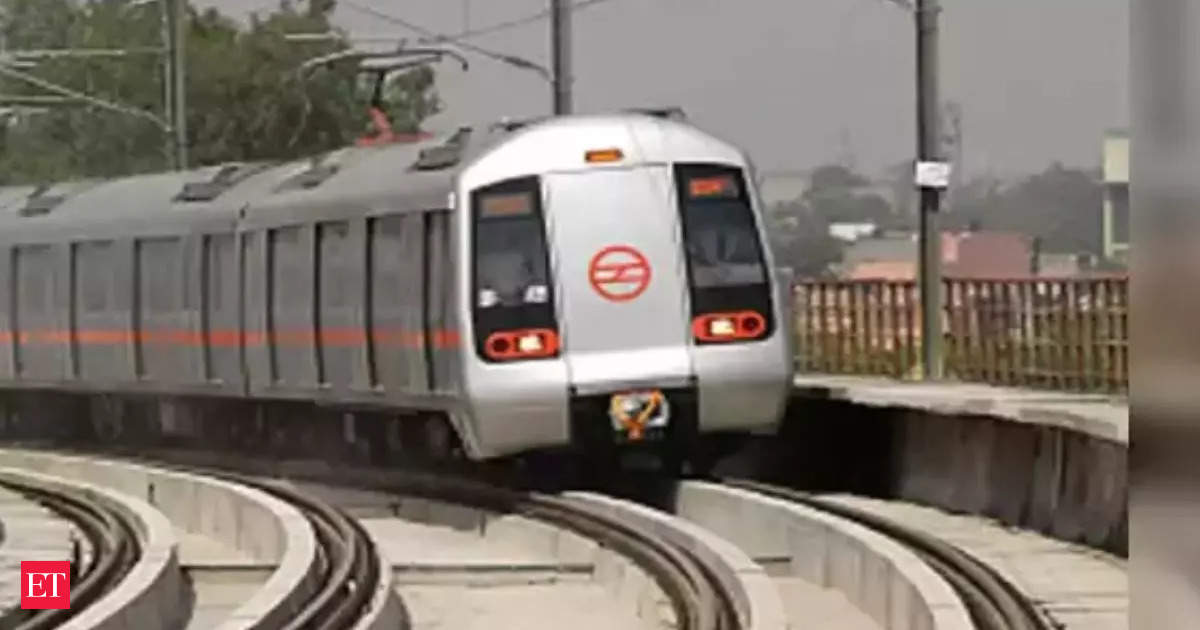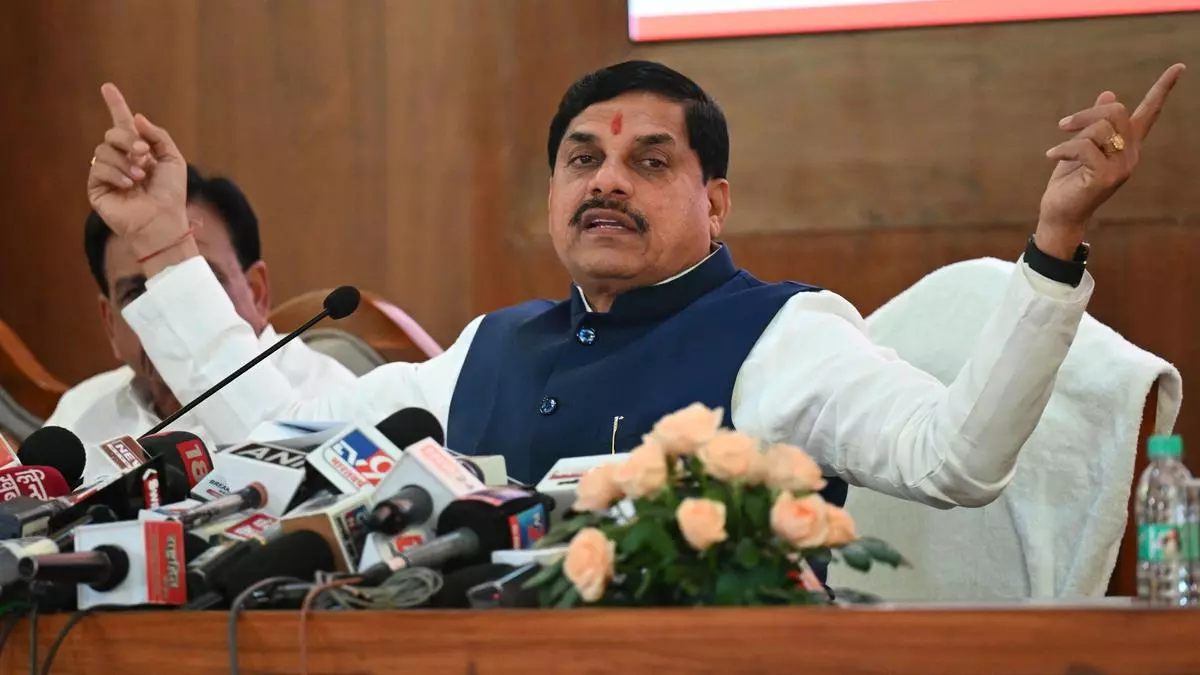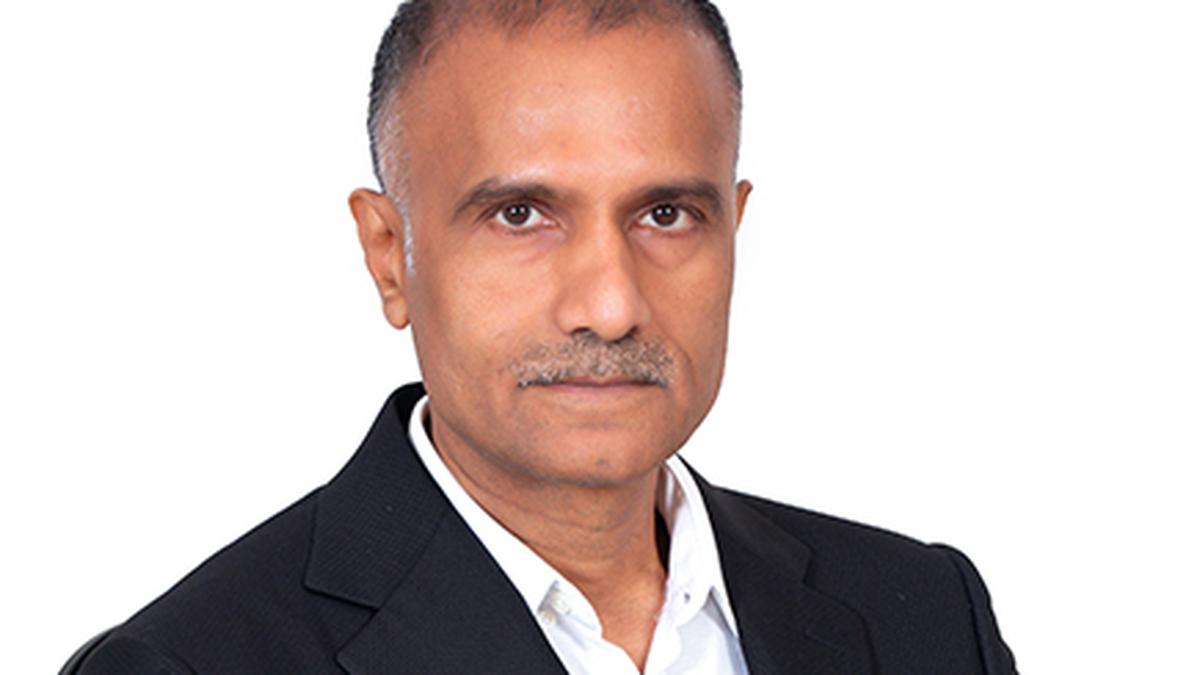Delhi Metro, India’s largest metro rail network, is commemorating 21 years of successful operations. Launched on December 24, 2002, the Delhi Metro has revolutionized the public transportation system in the capital city, easing the daily commute for millions of residents. From a modest 8.2-kilometer stretch in its initial phase, the network has expanded to cover over 389 kilometers across Delhi and its satellite cities of Noida, Gurugram, Ghaziabad, and Faridabad.
The Delhi Metro has not only transformed the way people travel but has also played a pivotal role in reducing traffic congestion, air pollution, and carbon emissions. By providing a safe, reliable, and efficient mode of transport, it has encouraged people to shift from private vehicles to public transport, contributing to a greener environment.
Apart from its environmental benefits, the Delhi Metro has also had a significant socio-economic impact. It has improved connectivity and accessibility for residents, connecting various parts of the city and its suburbs. This has greatly facilitated accessibility to educational institutions, offices, markets, hospitals, and other public amenities.
The Delhi Metro has also been a catalyst for urban development and real estate growth. The availability of metro connectivity has led to the development of new residential and commercial hubs along its corridors, providing a boost to the local economy and creating employment opportunities. Real estate prices near metro stations have witnessed a significant appreciation, making it a desirable choice for homebuyers and investors.
Safety has always been a top priority for the Delhi Metro. With its state-of-the-art technology, advanced signalling systems, and rigorous safety protocols, it has established itself as one of the safest modes of transport in the city. Along with regular safety drills and inspections, the metro authorities have implemented strict security measures to ensure the well-being of passengers.
Over the years, the Delhi Metro has received numerous accolades and recognition for its outstanding performance and contribution to urban transport. It has set benchmarks in terms of punctuality, reliability, cleanliness, and passenger satisfaction. The metro has also been at the forefront of adopting innovative measures, such as the introduction of smart cards, automated fare collection systems, and free Wi-Fi services for passengers.
As the Delhi Metro celebrates its 21st anniversary, it continues to expand its reach and enhance its services. Several new corridors are under construction, which will further strengthen its network and improve connectivity. The introduction of newer technologies and transportation solutions will ensure smoother and more convenient travel for metro users.
The Delhi Metro’s successful journey over the past 21 years is a testament to its commitment to providing world-class public transportation and its contribution to the sustainable development of the city. It remains a shining example of efficient and reliable urban transport for other cities in India and around the world.










